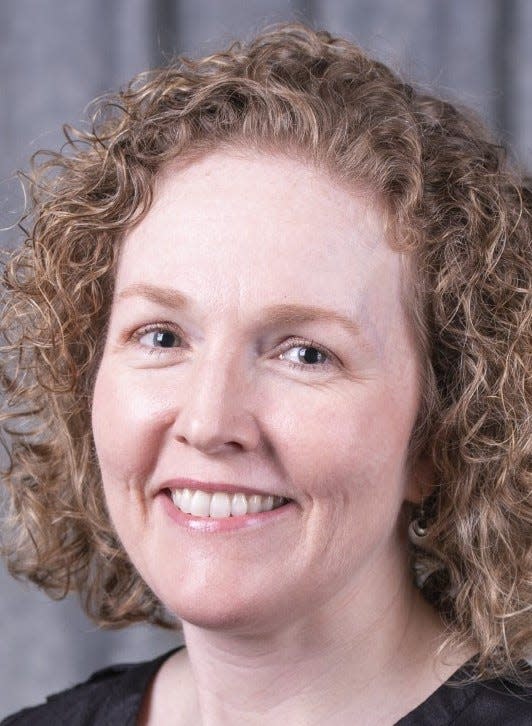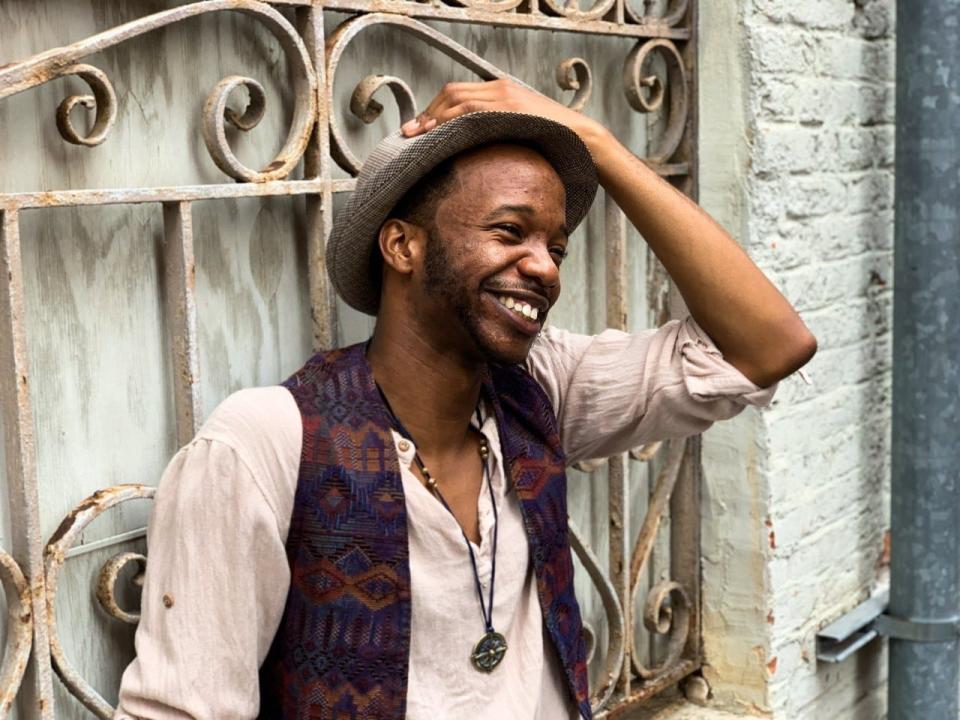UIS Perspectives: Our Stage / Our Voices program begins at Performing Arts Center

“Do the best you can until you know better. Then when you know better, do better.”
I have been thinking a lot lately about this Maya Angelou quote. How can we better represent the range of our humanity in our artistic work? How can we not only create space for underrepresented communities, but make sure that members of those communities feel encouraged and needed in artistic spaces? How can we develop leaders from underrepresented communities so that more of the stories we tell can be initiated by them, representing their communities in the most meaningful, diverse ways?
Our Stage / Our Voices is a new program developed and sponsored by the University of Illinois Springfield Performing Arts Center in which members of historically underrepresented communities address the issues of inequality in the regional performing arts with a goal of advancing diversity and inclusion.
Earlier column: UIS Perspectives: The best kept secret - no more
Area actor, director and performing artist Reggie Guyton will serve as the inaugural Our Stage / Our Voices artist-in-residence. He has worked with the Springfield Muni Opera, Springfield Theatre Center, Hoogland Center for the Arts, Springfield Area Arts Council, Illinois Arts Council, Blackburn College and more. His next project in the community is directing “Ragtime” at the Springfield Muni. Reggie identifies as a Cisgender Queer (Pansexual/Bisexual) Black man. It is my pleasure to introduce him to you with this brief interview.

CARLY: “How can our local arts community work to amplify the voices of artists from underrepresented communities?”
REGGIE: “The short answer is to make room: monetarily, physically, conversationally and emotionally. Spread the word to other people within your own communities and organizations. Recognize the gap in understanding the experience of other communities. By taking conscious effort to detangle itself from the preconceived notion that the previous way is the only way, artistic communities can not only create room for artists of color, but they can begin repairing the hurt and harm that exclusion and tokenism have caused. And with time and considerable effort, other communities will start to feel welcomed in their spaces.”
CARLY: “How does the larger artistic community benefit when underrepresented communities have a louder artistic voice?”
REGGIE: “There’s a richer life experience. There is less of a struggle to tell true and authentic stories. When underrepresented communities feel at home in artistic spaces, they are free to channel and be a vessel for their work. Underrepresented communities should not have to succumb to fear, anguish, or pain in order to make something new every single time.”
QUESTION: “How do you plan to use your time and resources as an artist-in-residence of Our Stage / Our Voices?”
REGGIE: “The first thing I plan on doing is conversation facilitation. Providing opportunities for understanding and education is important to me because it combats ignorance and misunderstanding. Furthermore I plan to share the wealth by sharing my experience and knowledge of the field while discussing some of the ways that the arts community can improve the sweat equity. Lastly, I am conceiving original work that I hope will be honest, reflective, and moving to audiences not only in Springfield but hopefully across the country and world.”
CARLY: “So many of our local arts organizations have recently expressed commitment to increasing the diversity of their artists and the work they present. How is OUR STAGE / OUR VOICES initiative distinctive from some of these other vital efforts?”
REGGIE: “Our Stage / Our Voices puts the power in those communities’ hands. We are not limited to a board vote or invitation nor are we beholden to the previous way of doing things for a company or organization’s legacy. We are able to directly impact the way the community is seen, felt, and heard. And furthermore by putting these artists in charge we are able to ensure that who they want to reach is who will be reached…and more. We are also able to foster an environment of sincere trust in the community. And I think that’s beautiful.”
The artist-in-residence position will rotate annually as Our Stage / Our Voices works to amplify voices and stories throughout the community. If you’d like to stay connected to the initiative, please visit go.uis.edu/osov, where you can sign up to receive notifications with information about the program and its activities.
Carly Shank is director of artistic programs at the UIS Performing Arts Center.
This article originally appeared on State Journal-Register: UIS program to address issues of inequality in area performing arts

